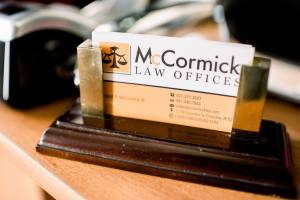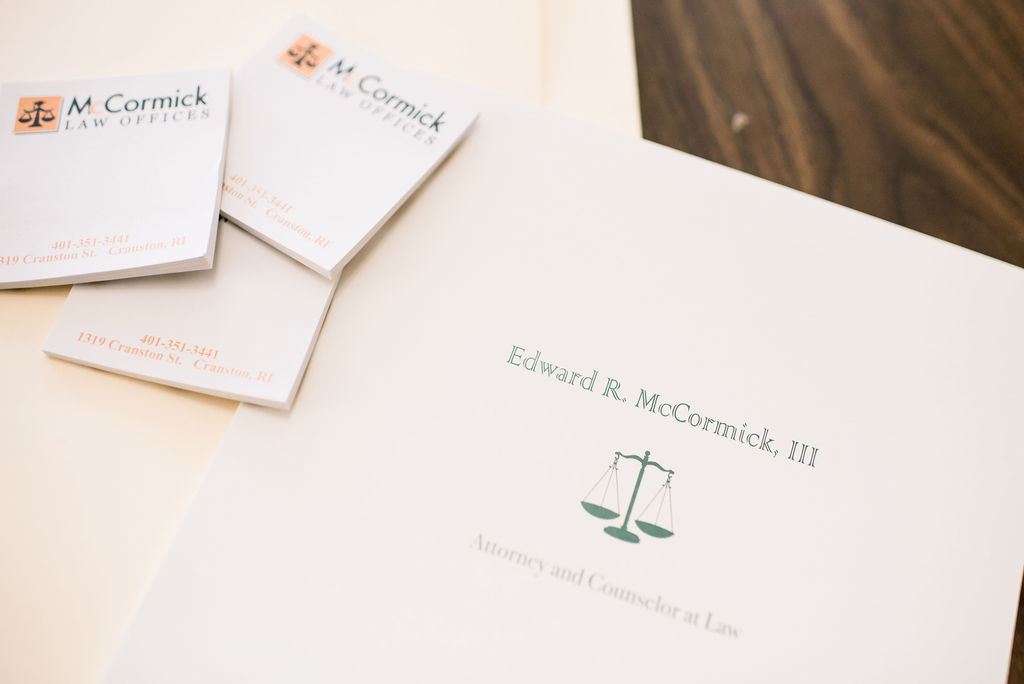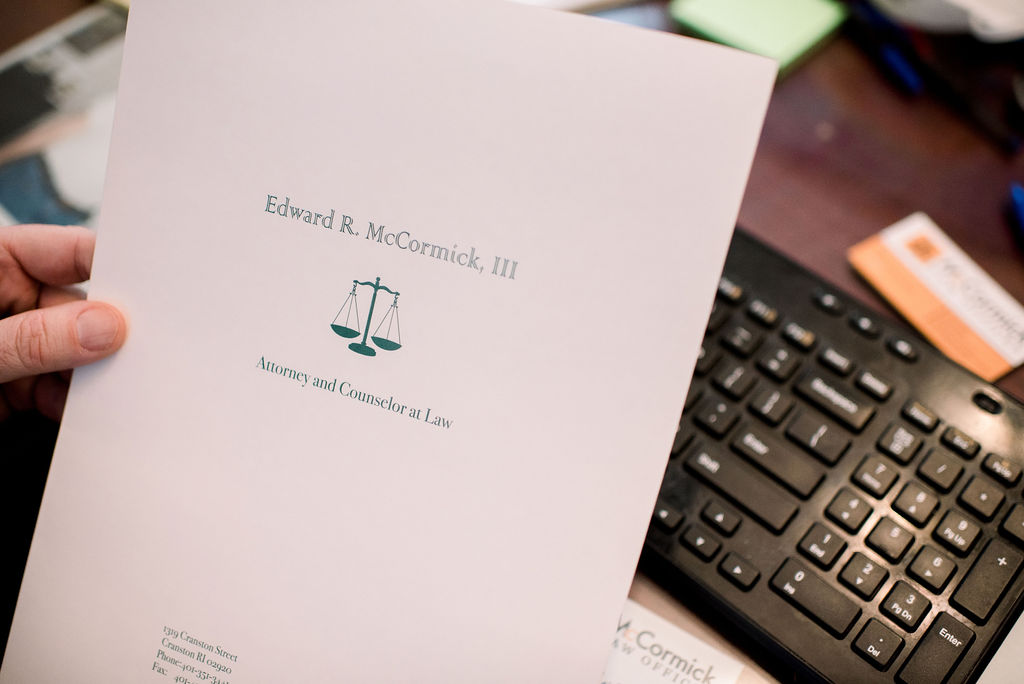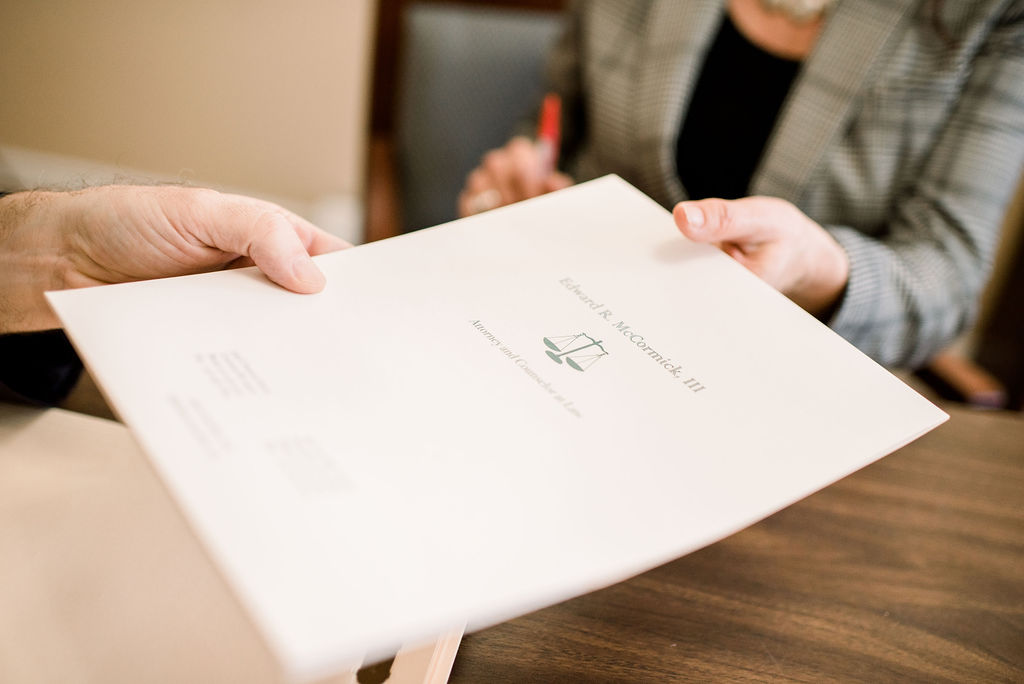After a loved one passes, one of the first legal steps is determining what assets must go through probate. In Rhode Island, some assets are automatically transferred outside of probate, while others require court supervision. Knowing what assets go through probate in Rhode Island can help families prepare for the legal process and avoid unnecessary delays.
What Is Probate?
Probate is the court-supervised process of validating a will, identifying and valuing the deceased’s assets, paying debts, and distributing property to beneficiaries. The process takes place in the probate court in the city or town where the deceased lived.
Types of Assets That Go Through Probate
The following types of assets typically go through probate in Rhode Island:
Solely Owned Property
Assets titled in the deceased’s name alone with no beneficiary designation, including:
- Real estate
- Bank accounts
- Vehicles
- Personal belongings
- Investment or brokerage accounts
Assets Without a Named Beneficiary
If a retirement account, life insurance policy, or similar asset does not list a beneficiary—or the beneficiary is deceased—the asset must go through probate.
Inherited Property Without Joint Ownership
If the deceased inherited property and held it solely in their name, it will usually require probate to be transferred to heirs.
Assets That Bypass Probate
Certain assets do not go through probate and pass directly to the beneficiary:
- Jointly Owned Property: With rights of survivorship
- Transfer-on-Death (TOD)/Payable-on-Death (POD) Accounts
- Retirement accounts with designated beneficiaries
- Life insurance with designated beneficiaries
- Assets in a Revocable Living Trust
Proper planning can allow most or all of your estate to avoid probate entirely.
Why It Matters Which Assets Go Through Probate
Understanding which assets must go through probate helps with:
- Estate planning: To avoid unnecessary court involvement
- Reducing costs: Probate fees, attorney fees, and court costs add up
- Speeding up distribution: Non-probate assets can be accessed quickly
- Avoiding disputes: Clear titling and beneficiary designations reduce confusion
Tips to Minimize Probate in Rhode Island
- Establish a Revocable Living Trust
- Use joint ownership when appropriate
- Add TOD or POD designations to accounts
- Keep beneficiary designations updated
- Work with a Rhode Island estate planning attorney to build a comprehensive plan
What If There Is No Will?
If someone dies intestate (without a will), their probate assets are distributed according to Rhode Island intestacy laws. This can lead to:
- Delays in asset distribution
- Confusion among heirs
- Court-appointed administrators
Avoiding probate altogether can help minimize these complications.
Related Reading
Learn more about probate and estate planning:
Final Thoughts
Not all assets are treated the same after death. By understanding which assets go through probate in Rhode Island, you can create a smarter estate plan that protects your family and avoids unnecessary costs. If you’re unsure how your assets are titled or want to minimize probate, speak with a qualified attorney for personalized guidance.
Need help identifying probate vs. non-probate assets?
Contact McCormick Law Offices for estate planning and probate support.







